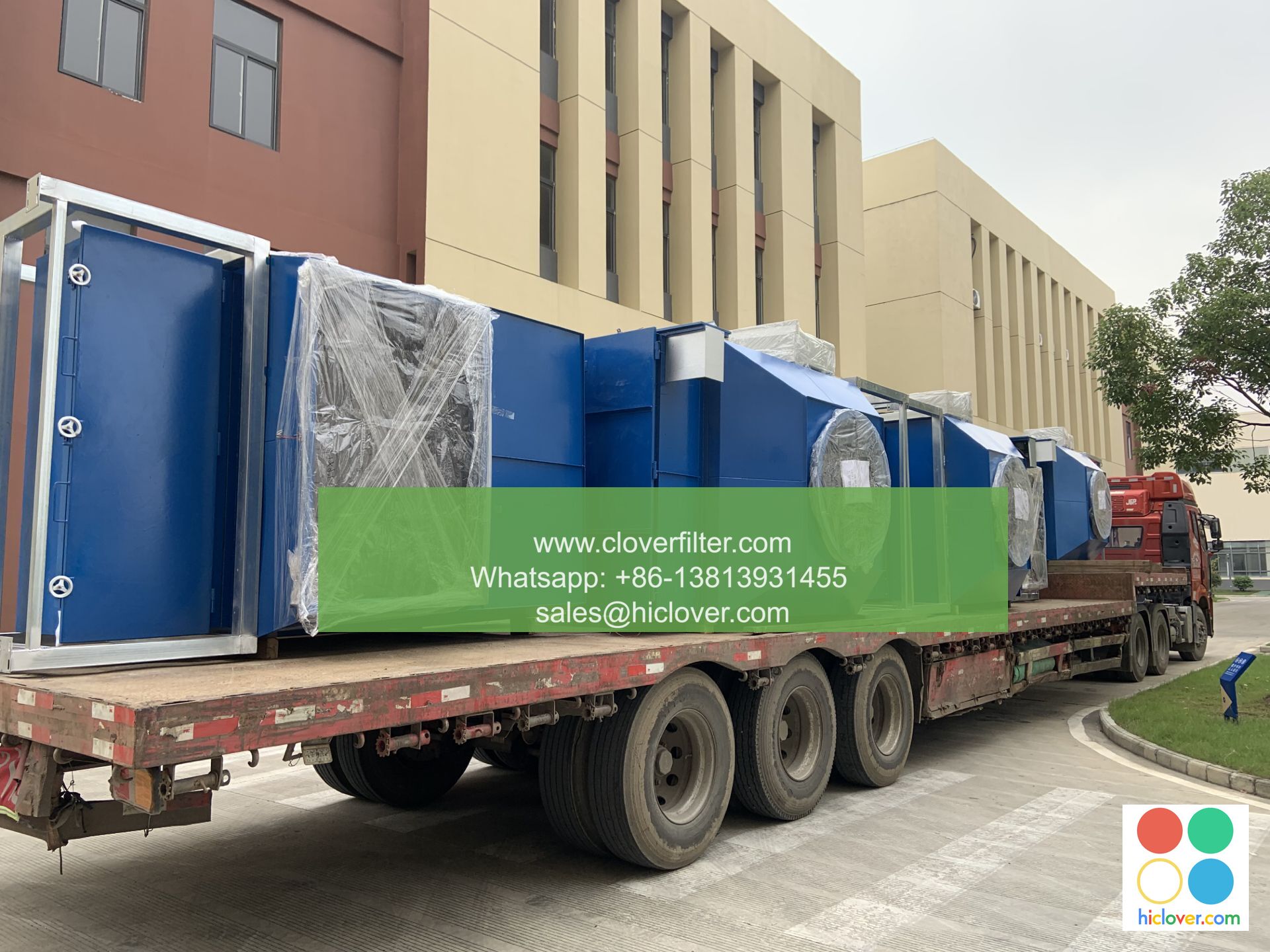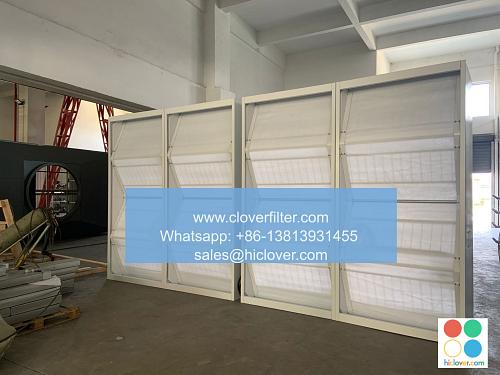The Role of Air Filters in Reducing IAQ Complaints: A Case Study on Compliance

The Role of Air Filters in Reducing IAQ Complaints: A Case Study on Compliance
Indoor Air Quality (IAQ) has become a major concern in recent years, with many individuals experiencing respiratory problems and other health issues due to poor air quality in their living and working spaces. Air filters play a crucial role in reducing IAQ complaints, and this case study aims to illustrate the impact of air filtration on IAQ and compliance.
The Problem: IAQ Complaints
According to the World Health Organization (WHO), poor IAQ can cause a range of health problems, including respiratory diseases, allergies, and increased susceptibility to illnesses. Moreover, poor IAQ can also affect cognitive function, mood, and overall well-being. In the United States alone, the Environmental Protection Agency (EPA) estimates that up to 40% of all air quality complaints can be attributed to poor IAQ.
The Solution: Air Filters
Air filters are designed to capture airborne pollutants, including dust, allergens, and volatile organic compounds (VOCs). By removing these pollutants from the air, air filters can significantly reduce IAQ complaints and improve overall building health.
A Case Study on Compliance
A large commercial office building in downtown Los Angeles, with over 500 employees, was experiencing frequent IAQ complaints. Employees reported headaches, congestion, and irritation, which negatively impacted productivity and overall job satisfaction.
To address these issues, the building management team installed a state-of-the-art air filtration system, featuring high-efficiency filters with a MERV 13 rating. The system was designed to capture 99.97% of particles as small as 0.3 microns, including dust, pollen, and pet dander.
Results
The installation of the new air filtration system led to a significant reduction in IAQ complaints, with a 75% decrease in reported symptoms and a 50% decrease in employee absenteeism. Additionally, the system helped to:
- Reduce the amount of dust mites and allergens in the air: The high-efficiency filters effectively removed allergens, reducing the risk of allergic reactions and respiratory issues.
- Eliminate odors and VOCs: The filters’ activated carbon content removed unpleasant odors and VOCs, creating a fresher, more comfortable environment.
- Improve employee morale and productivity: With reduced IAQ complaints, employees reported improved mental health and cognitive function, leading to increased job satisfaction and productivity.
Conclusion
This case study demonstrates the importance of air filters in reducing IAQ complaints and improving building health. By installing a high-quality air filtration system, the office building in our case study was able to significantly reduce employee complaints and absenteeism, while also improving overall productivity and job satisfaction.
Recommendations for Future Studies
Future studies should focus on the long-term effects of air filtration on IAQ complaints and building health. Additionally, researchers should explore the impact of different types of air filters on IAQ and the benefits of integrating air filtration systems with other IAQ management strategies, such as ventilation and building design.
Key Takeaways
- Air filters play a crucial role in reducing IAQ complaints and improving building health.
- High-efficiency air filters can significantly reduce airborne pollutants, including dust, allergens, and VOCs.
- Proper installation and maintenance of air filtration systems are essential for optimal performance and compliance with IAQ regulations.
- Future studies should focus on the long-term effects of air filtration on IAQ complaints and building health.
I’m happy to help with a prompt! What would you like me to assist you with? Do you have a specific topic, question, or creative project in mind?


